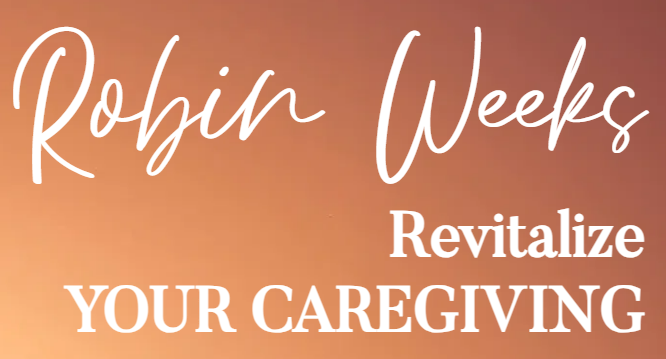While caring for my mother I did many things without thinking about them. My main purpose and intention were always that she got what was best for her. If that meant I had to be demanding, then I was. If that meant I made special requests, then, I did. It never occurred to me that what I was doing was advocating on her behalf until the administrator of her assisted living residence told me I was the best advocate he had ever met!
My mother was in her late 80’s to early 90’s when she lived here near me after my father and brother died. Someone that old, in mourning is not always capable of thinking, planning and asking a lot of questions. So, I stepped in to help her. Sometimes I over stepped.
My point is, that we all need an advocate when we are not up to our normal mental and physical abilities. Those years of being her advocate in many different types of situations, lots in the healthcare system taught me many lessons.
I recently had a total hip replacement. My lessons as my mother’s advocate have come in very handy! It’s hard when you are not feeling well and weak, but there are many things that you can do ahead of time to prepare to be your own advocate. I want to share with you lessons learned that will not only serve your loved one but yourself. (you see, there are so many skills you develop as a caregiver that help post caregiving)
Lessons learned:
- Ask LOTS of questions! Do NOT be intimated by the healthcare system or staff. Some are very caring, patient, and informative.
- Be persistent.
- Do your research! Mr. Google is helpful, BUT, be careful of your resources. I trust mayoclinic.org www.my.clevelandclinic.org
- Don’t blindly accept what the Dr., PT, or anyone else tells you! Question, ask for more information.
- Inform yourself of what your (or your loved ones) medical records include. These are YOUR records, you have total access to all Dr.’s notes, x-rays, lab results, etc. Many healthcare systems will provide you with online access to these. They make mistakes and record things that are not accurate.
- Know your medications and interactions. You can do this through your research.
- Verify your insurance coverage. Do not assume that you are covered for everything. It may take you calling your carrier.
Being an advocate for the one for whom you care means caring for yourself as well. And don’t forget to advocate for their needs where they reside. If they live in assisted living or another level of care residence, your advocacy means staying on top of things. It means developing relationships with staff, the director of nursing, the nutritionist and others. It can seem like a lot at first, but once you build relationships and see these people as part of your team, they will help you out.

